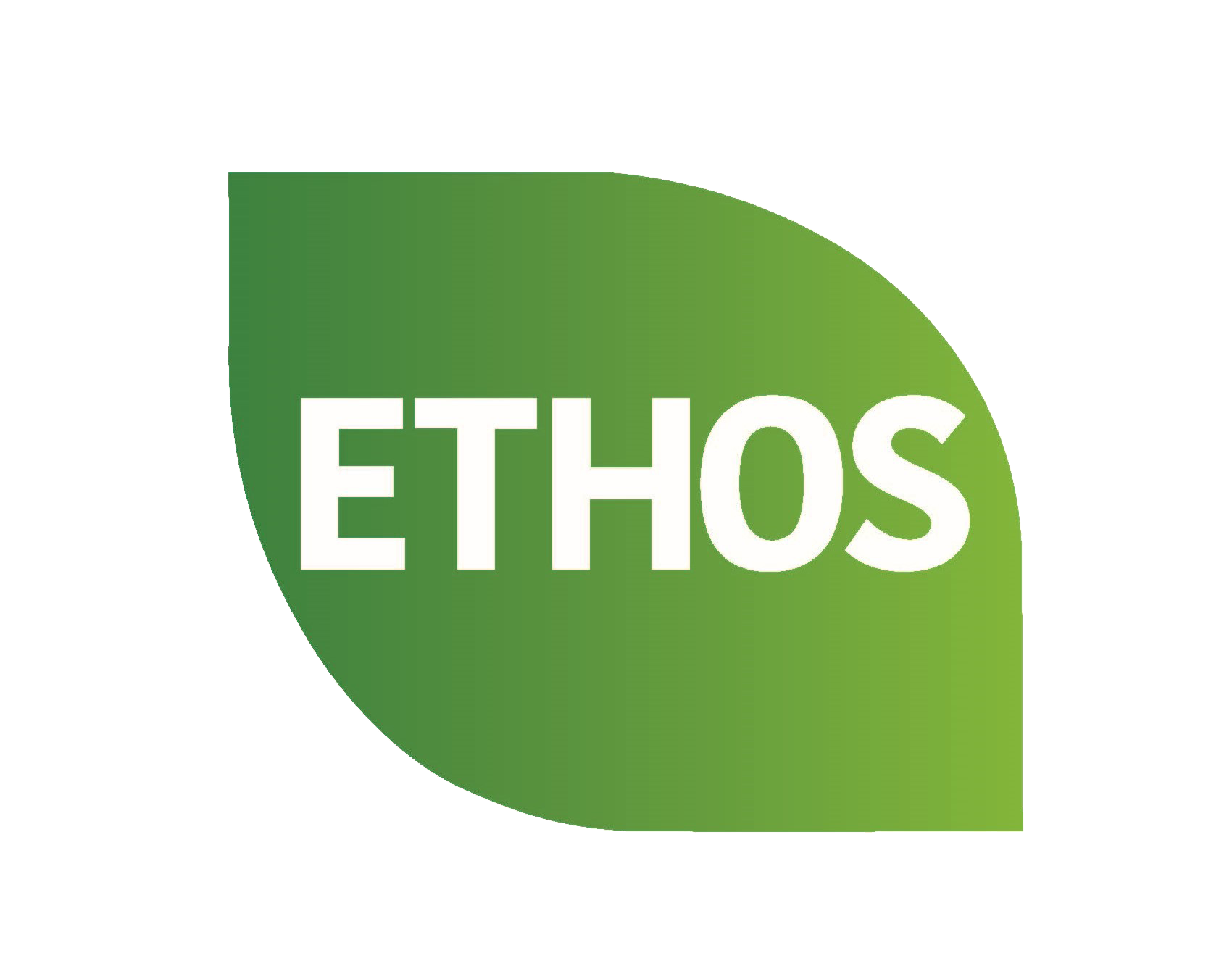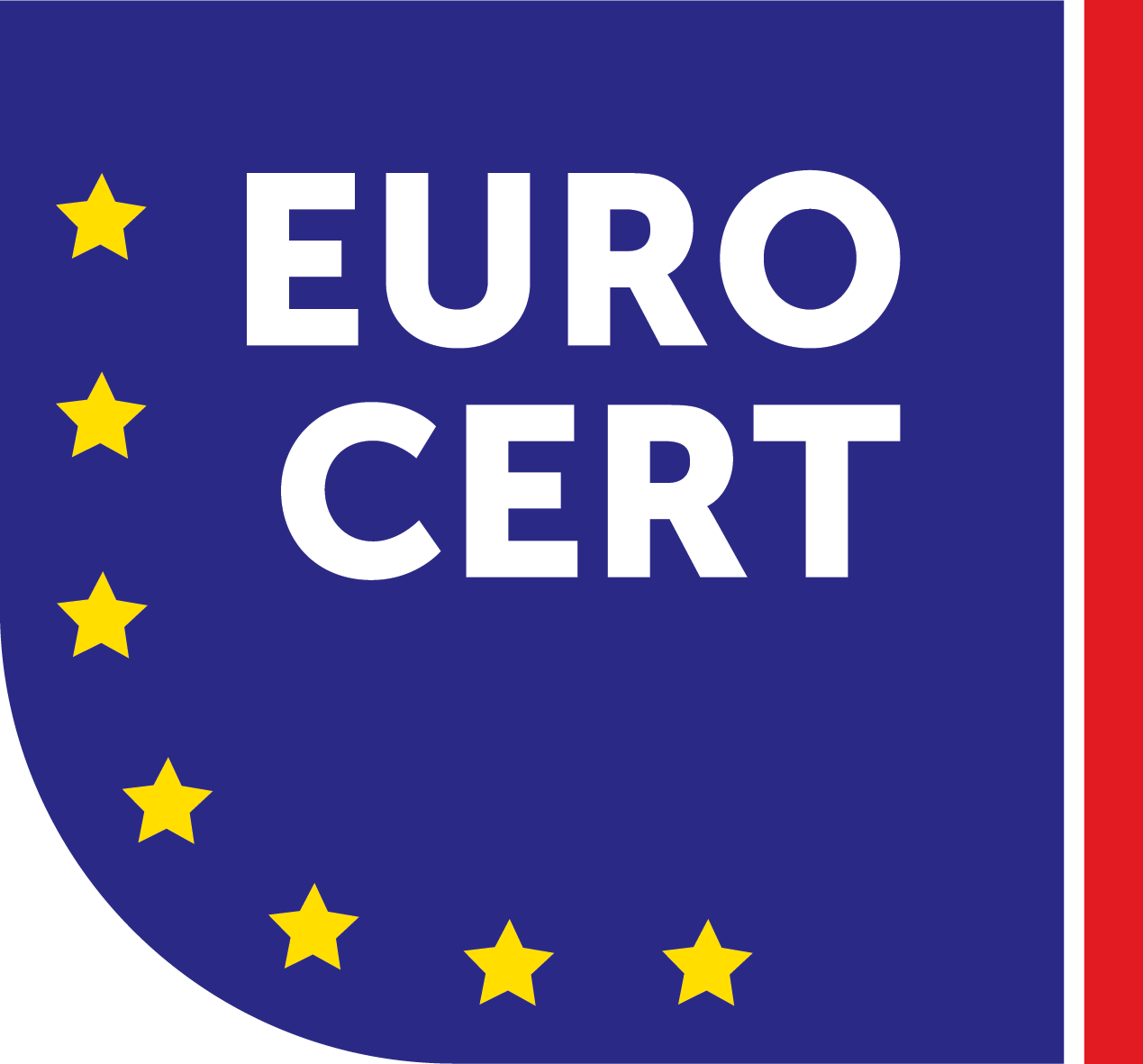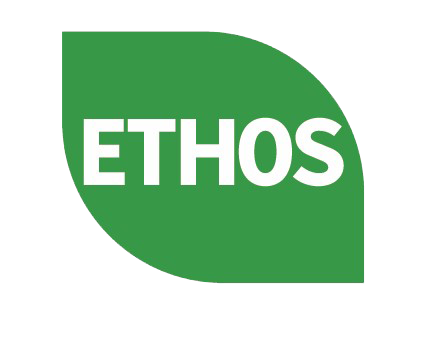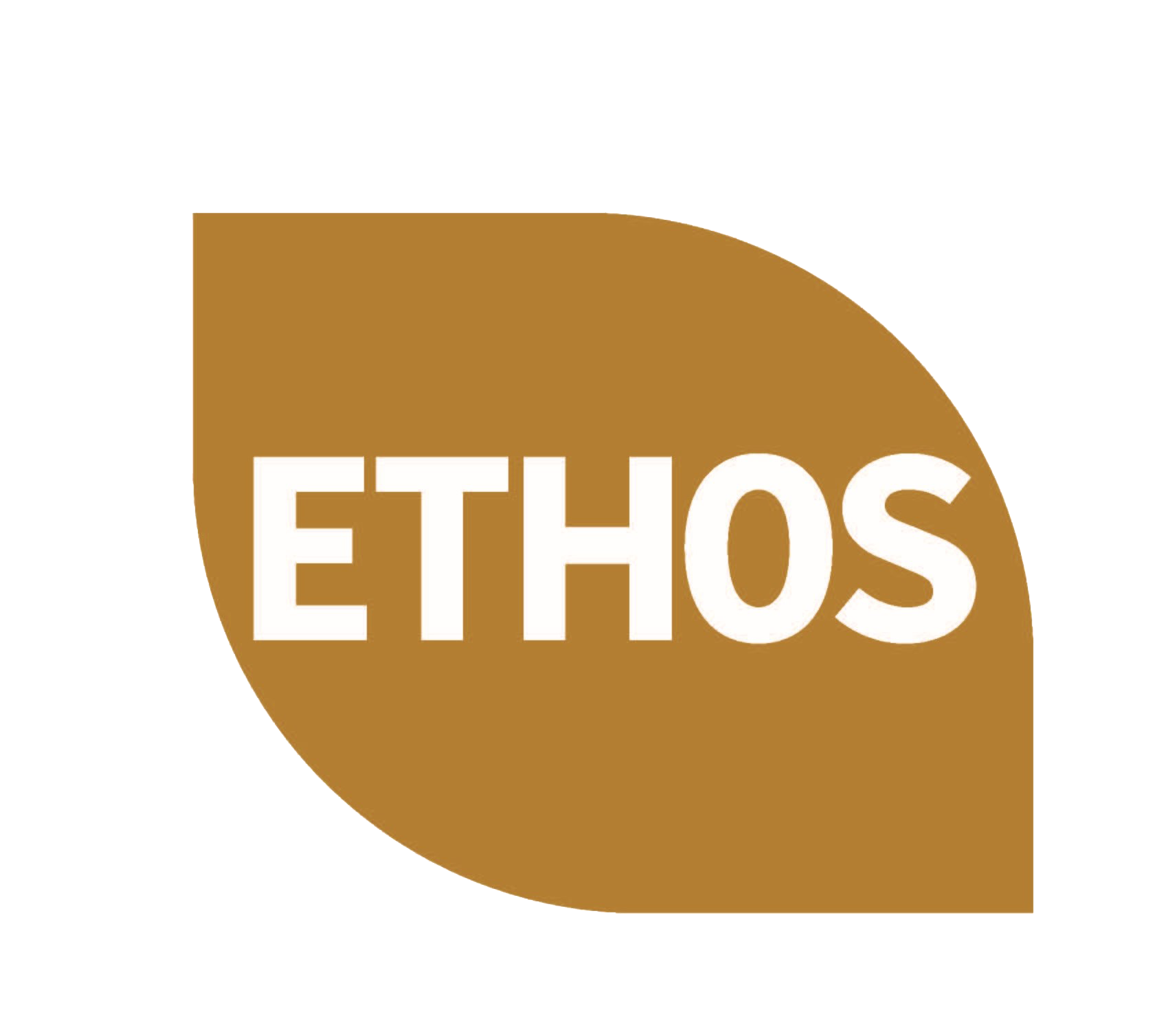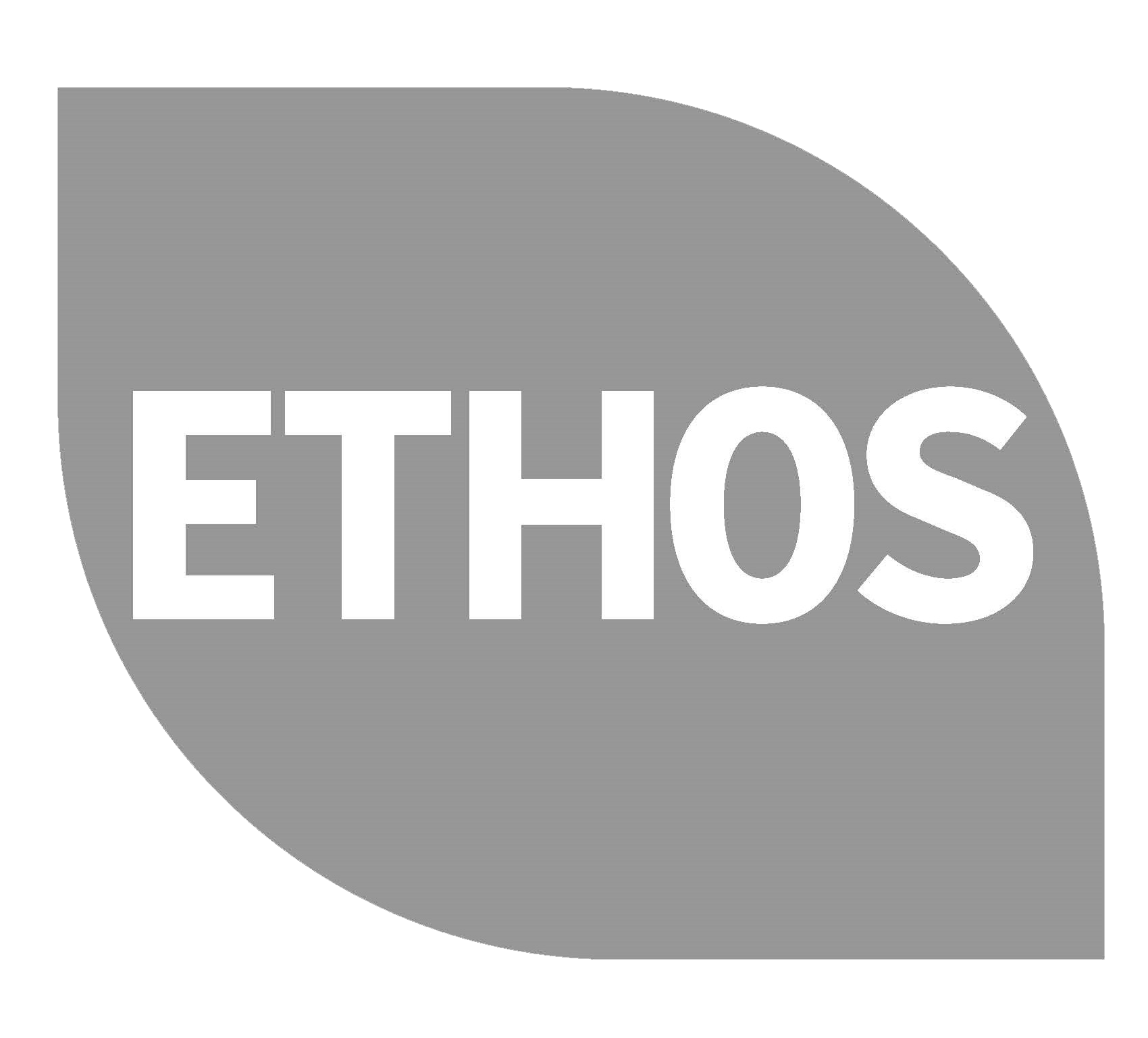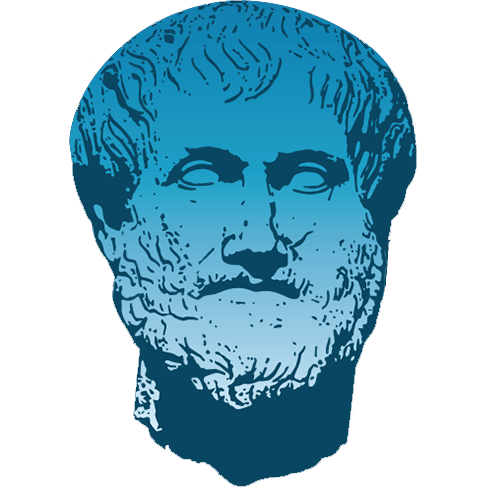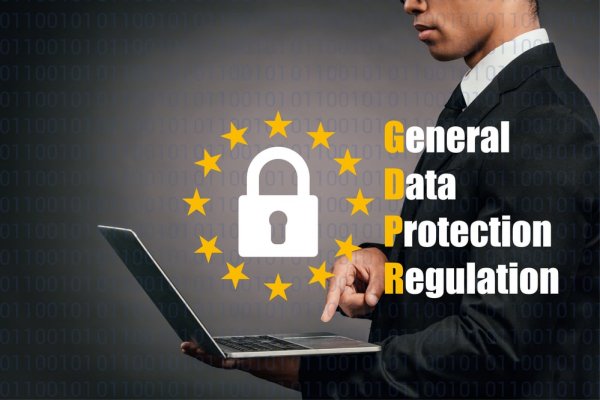At the beginning of 2016, the European Parliament approved the General Data Protection Regulation (GDPR).
The GDPR is a law for the protection of personal data, which shapes the new environment in which businesses that process personal data are required to operate and is put into mandatory application by all EU member states. on 25 May 2018, repealing any contrary national regulation.
The Regulation will replace European Directive 95/46/EC and aims to harmonize personal data protection laws across Europe and reshape the way businesses approach data privacy.
